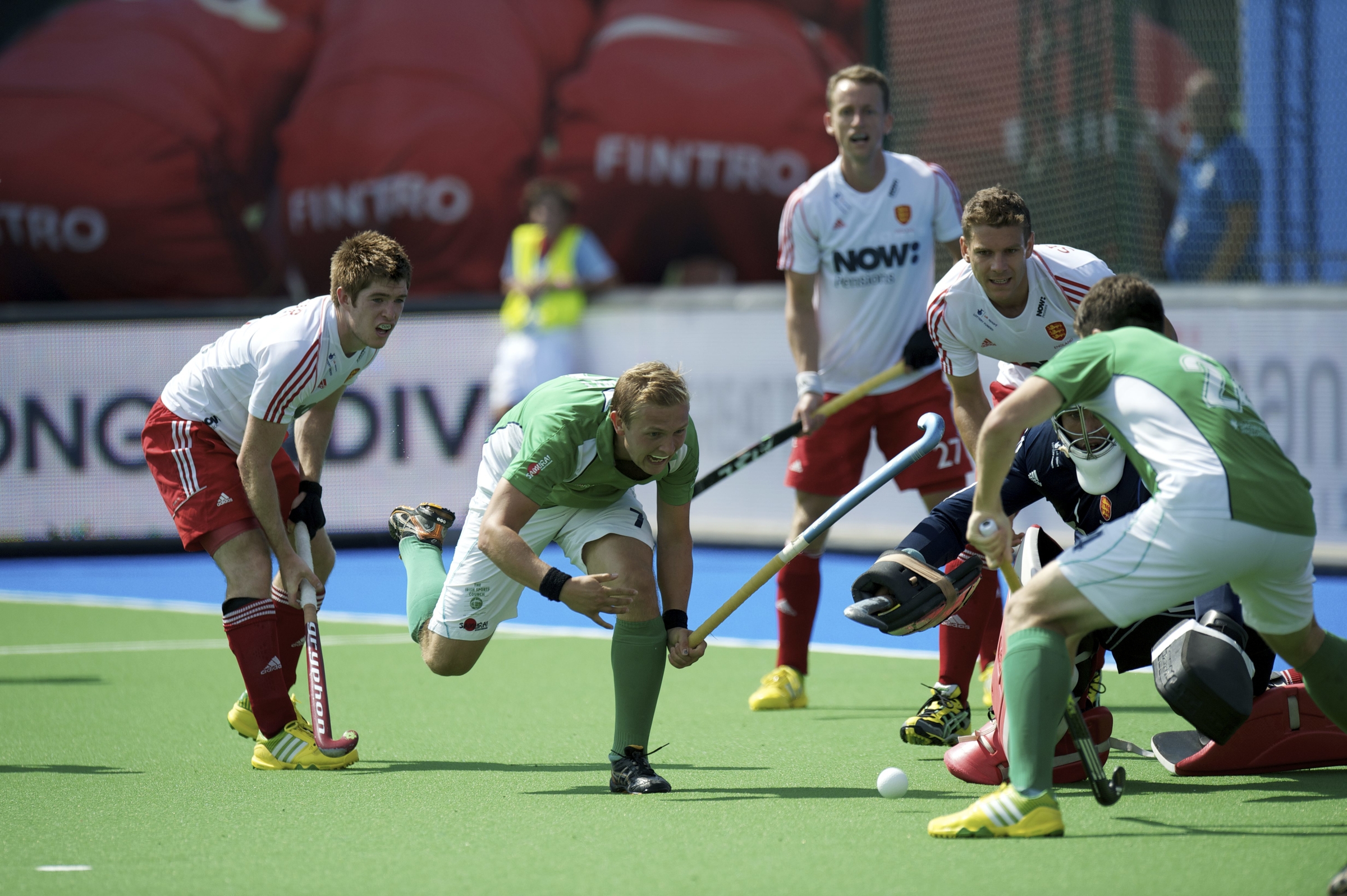
By The Hockey Paper
On the day that Hockey Ireland announced that Craig Fulton was to step down as head coach of the men’s team last Thursday, a keynote address was taking place at Trinity College, Dublin.
Peter Miskimmin, a two-time hockey Olympian and chief executive of Sport New Zealand, delivered the address at a conference entitled, ‘The New Zealand Way. Grassroots to Greats. What Can Ireland Learn?’
The premise behind the event, according to the blurb, was several fold with the similarities between the two island nations: almost identical populations and climate, sports mad, huge pride in both nations’ sporting achievements, a major commitment to both participation and inclusivity.
Since the Sydney 2000 Olympics, New Zealand has accrued 50 medals – from five in 2004 to 19 at the Rio Games – in both the summer and winter Olympics. Ireland, meanwhile, have only won 12 medals in that time.
Yet, according to Miskimmin, the tide is turning Ireland’s way, having seemingly refused to accept failure against the bigger, well-remunerated countries and highlighted, for example, by the rugby side’s Six Nations campaigns in recent seasons.
“We were always up against Australia, you were up against England, and I think being seen as the smaller island got in the way of competing,” Miskimmin told The Times newspaper last week,
“Success breeds success and expectations keep rising in light of that. We looked Australia in the eye and said, ‘We are here to compete’, and I think that attitude gives everyone confidence. There is no better way to fuel success than with confidence and pride in the ability to stand your ground.”
New Zealand’s success – highlighted by the women’s hockey gold at the Commonwealth Games – has stemmed from a change in funding criteria 11 years ago, which stated that podium access would usher in a long-term funding commitment.
It received short shrift on its introduction but the results are laid bare: New Zealand’s Rio haul of 19 was a record return.
South African Fulton, who joined in 2014, had led an Ireland side to those Rio Games for the first time in 68 years, followed by a EuroHockey Championship medal the following year and a qualification ticket to the 2018 World Cup in India.
 After such a steep curve of success – coupled with the sudden departure to Belgium, where he will take up the post of assistant coach – Ireland now have it all to do six months out from the World Cup.
After such a steep curve of success – coupled with the sudden departure to Belgium, where he will take up the post of assistant coach – Ireland now have it all to do six months out from the World Cup.
Ireland have achieved accolades against a backdrop of limited funding and subsequent fundraisers, led by Fulton, just to play international tournaments. In the previous cycle, they fell short of the London 2012 Olympics by a matter of seconds in losing to Korea via a deflected strike.
Little wonder, then, that goalkeeper David Harte told the Irish Examiner that Fulton “essentially unleashed the potential in the group and did so in a belief-driven and calculated manner.”
The Green Machine – the world No 10 side – will now have to work together under a new coach when Fulton leaves this month, with the island ideals laid out by Miskimmin tested to the hilt this December.
But as Fulton said in his departing statement, there is clearly the will and drive.
“Great teams are made up of great individuals,” he said, “and I am very proud to say that this has been the case with the players that I have been fortunate enough to coach.”
READ THE GAME: World Cup news, interviews and features





